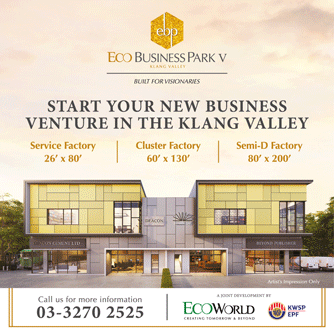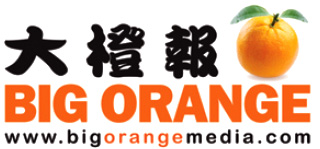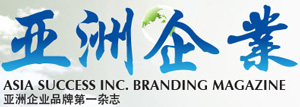SMEs have been urged to look at the export market to grow their business. But they don’t have to go it alone as Matrade is intensifying efforts to help them boost exports. LIM WING HOOI reports.
DESPITE challenges in the global market, Malaysia External Trade Development Corporation (Matrade) chief executive officer Datuk Dzulkifli Mahmud said “we can still wisely steer the country towards developed nation status” as the agency seeks to increase exports from local businesses to achieve the aspirations of Vision 2020.
“Malaysia may not be insulated from the on-going challenges in the global economy, but our business environment is well structured to support the existing activities while constantly seeking new growth opportunities and to deepen relationship with China and Asean countries, especially now that the AEC has been realised,” he added.
The nation’s top trade promotion agency has lined up an aggressive list of programmes for 2016 to keep companies, particularly small and medium sized enterprises (SMEs), busy. Dzulkifli said next year will be “a year to boost exports” to ensure that local businesses can tap into a wider market even as the economy is expected to soften in the coming months.
Matrade will increase the number of programmes under its administration to push for exports among SMEs. For 2016, the agency will be running 150 programmes, encompassing 65 Exporters Development Programmes and 85 Trade Promotion activities, compared to 116 programmes this year.
Dzulkifli also said Matrade is engaging more international buyers to come to Malaysia via its International Sourcing Programme (ISP) so that business matching sessions can take place locally since the ringgit’s depreciation has made it more expensive for Malaysian exporters to participate in overseas exhibitions.
“The ISP programme involves a trade meeting between Malaysian exporters and the international buyers as well as seminars in Malaysia to inform them of business and cooperation opportunities that can be pursued by the MNCs,” he said.
He added that the agency plans to bring in at least 30 large MNCs with regional presence in high value sectors in the first two quarters of 2016. These companies are in indsutries such as oil and gas, aerospace, maritime, medical devices, electrical and electronics, information and communications technology (ICT) services and the fast-moving consumer goods (FMCG) segment.
Additionally, Matrade will launch the Large Corporation SME partnership programme by the first quarter of next year for SMEs to collaborate with Malaysia’s large companies that have overseas projects.
“We potentially see three large Malaysian companies collaborating with SMEs via this programme to seek SMEs’ services in construction, building materials, engineering designs and others for their overseas projects,” he said.
Another initiative involves fostering closer collaboration with international banks to bring their overseas client to Malaysia for a business matching programme.
This was successfully done recently where Matrade met with a delegation from Barclays Bank Business Group of the Republic of Uganda for a business matching session between Malaysian companies and Barclays Bank’s premium clients from Uganda.
“The bank’s premium clients who participated in the business matching, termed as Matrade’s International Sourcing Programme, were keen to source for products and services from Malaysia as well as to forge strategic partnership with Malaysian companies in various business fields,” he said.
A total of 14 business meetings were successfully arranged with 10 Malaysian companies during the programme. Among the products sourced were industrial machinery, underground cables, paints, home furniture and cooking oils.
While Matrade continues to intensify export activities, Dzulkifli said SMEs have to play their role in being export ready, which includes meeting product standards and certification requirements to managing rising costs and keeping their product pricing competitive.
“Malaysian companies are facing stiff competition from low-cost producing countries such as China, Vietnam, India and even Eastern Europe. Moving up the value chain, producing innovative products and services to branding are vital,” he concluded.































